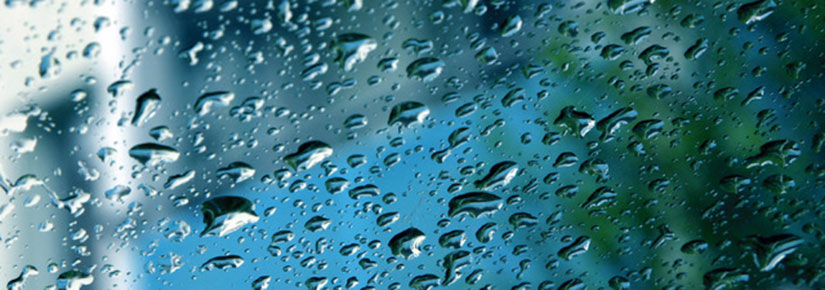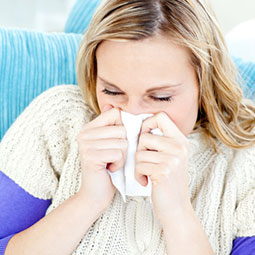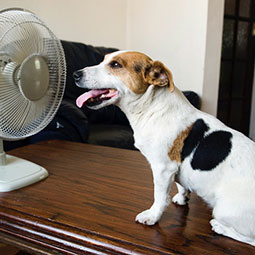Why Is My House So Humid?
Posted on July 29, 2020 at 12:15 PM

Our summers here in Massachusetts can be hot and humid. While these conditions are great when you are at the pool or beach, they are not so great when your indoor conditions don’t offer a reprieve.
What Causes Indoor Humidity?
If you don’t have an air conditioner, or if you have one but it’s not working properly, there are various ways humidity levels can rise in your home.
Leaks:
Moisture can enter your home through cracks or leaks around your home via leaky pipes, cracked roof tiles or loose joints or fittings.
Daily Activities:
Showering, cooking, washing dishes or running the washing machine all raise humidity levels. Just sweating and breathing can raise humidity levels as well so if you have a lot of people under one roof you may feel this effect.
Health Issues Caused By High Humidity:

Allergies:
Mold and bacteria thrive in moist conditions and are two of the most common allergens that can trigger allergy and asthma flare-ups.
Sleep Issues:
Humidity makes you feel overheated and uncomfortable. This leads to less restful sleep and overall sleep problems.
Dehydration:
Sweat can’t evaporate when humidity levels are high. This is our body’s primary way of cooling down. When it doesn’t work we produce more and more sweat to compensate for the high body temperature which leads to loss of water and minerals. Severe dehydration can be dangerous and lead to muscle cramps, respiratory issues and more.
Solutions:

Use an Air Conditioner:
A properly functioning AC removes moisture from the air while it cools. If you have an air conditioner and are still experiencing high humidity in your home it’s important to have it checked by a licensed professional.
Ventilate:
Use vents in the bathroom and kitchen, also open windows when your AC is not running if humidity is low outdoors.
Alter Daily Habits:
Take shorter and/or cooler showers, cook less when the temperatures are warmer and consider drying your clothes outside on a clothesline.
The ideal humidity in your home should be between 30-50%. If you have excessive humidity in your home it is important that you address this issue to avoid bigger problems down the road.
If this article is useful to you, please Like it below. If you know someone who can benefit from it, please Share it.
If your question isn’t answered here, contact the Pierce Refrigeration team and one of our experts will guide you in finding your solution.
Need 24-7 emergency service? Looking for advice on improving your everyday air quality and comfort at home and at work?
Contact the friendly staff at Pierce Refrigeration at
800-696-1088
info@piercerefrig.com
The Pierce team focuses entirely on heating, air conditioning and indoor air quality. We understand these technologies, work with them every day, and our people are factory-trained and fully certified.
Visit our websiteGet the best summertime performance from your central air and mini-split systems.
Read more.
Do I really need an AC tuned-up?
Read more.
Do you really need a furnace tune-up?
Read more.
Telephone
Toll-free: 800-696-1088508-586-1088
617-698-1272
After Hours and Weekend Emergency
781-961-6463
Email
info@piercerefrig.com
Mailing Address
439 East Center Street
P. O. Box 40
West Bridgewater, MA 02379
Website
www.piercerefrig.com